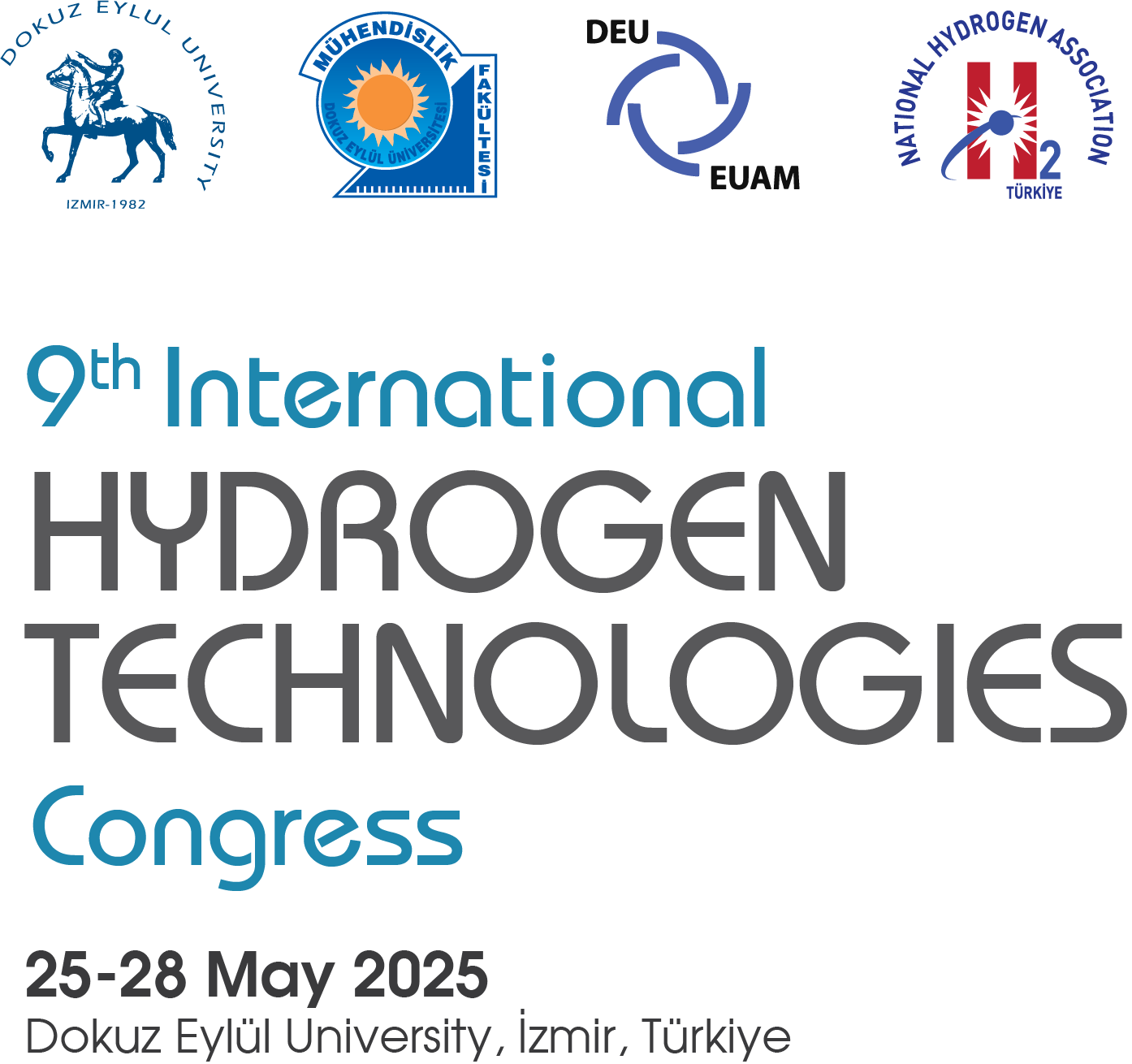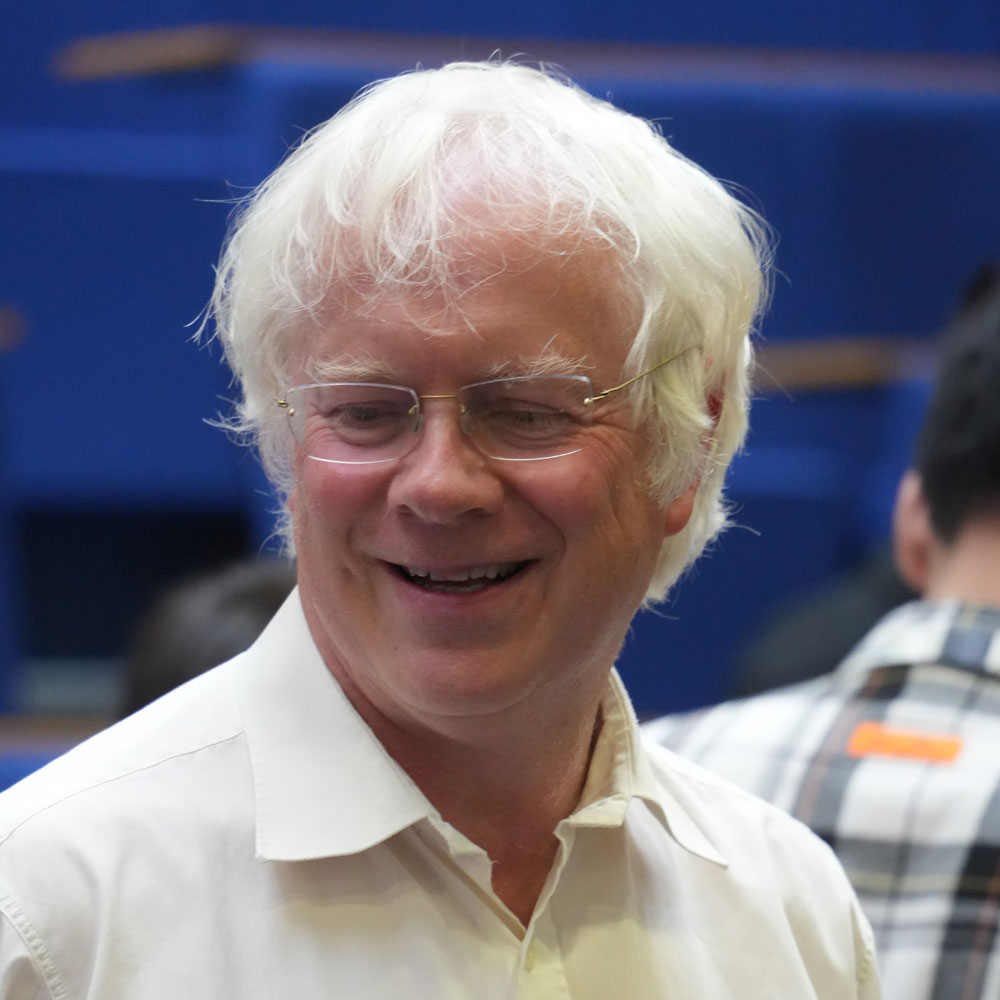University of St Andrews
Presentation Title: Interfacial Engineering in Solid Oxide Cells
Abstract
Interfacial Engineering in Solid Oxide Cells
The key technical challenges that fuel cell developers need to address in advancing their technology are performance, durability and cost. All three need to be achieved in parallel; however, there is often competitive tensions meaning that e.g. performance is achieved at the expense of durability. The greatest challenge facing Solid oxide cells (SOC), in both fuel and electrolysis cell modes (i.e SOFCs and SOECs) is to deliver high, long-lasting electrocatalytic activity while ensuring cost and time-efficient electrode manufacture. Ultimately, this can best be achieved by growing appropriate nanoarchitectures under operationally relevant conditions, rather than through intricate ex situ procedures. Here we look at attempts to nanoengineer this interface to enhance performance and also probe the changes in local structure that relate to activation or ageing during operation. We will present recent results utilizing both exsolution and infiltration chemistries addressing fuel cell and electrolysis operation.
Biographical Sketch
John Irvine CBE, FRSE, FRSC has made unique and world-leading contributions to the science of energy materials, especially fuel cell and energy conversion technologies. This research has ranged from detailed fundamental to strategic and applied science and has had major impact across academia, industry and government. Irvine’s science is highly interdisciplinary extending from chemistry and materials through physics, bioenergy, geoscience, engineering, economics and policy.
The quality and impact of Irvine’s research has been recognised by a number of national and international awards, including the honour of the Commander of the Order of the British Empire(CBE) in the Kings Birthday Honours List 2024, the Royal Society’s Hughes Medal in 2021, the Lord Kelvin Medal from the Royal Society of Edinburgh in 2018, the Schönbeim gold medal from the European Fuel Cell Forum in 2016, the RSC Sustainable Energy Award in 2015, and earlier RSC recognition by being awarded the Bacon and Beilby awards.
Highlights of Irvine’s activities include discovery of the Emergent nanomaterials phenomenon, establishing the field of oxide fuel electrodes, delivering high performance direct carbon fuel cells and demonstration of significant hydride ion conductivity. Other important achievements relate to photocatalysis, lithium ion batteries, non-stoichiometric oxides, Structure/ Property/Function, catalysis and electrocatalysis and bioenergy.


